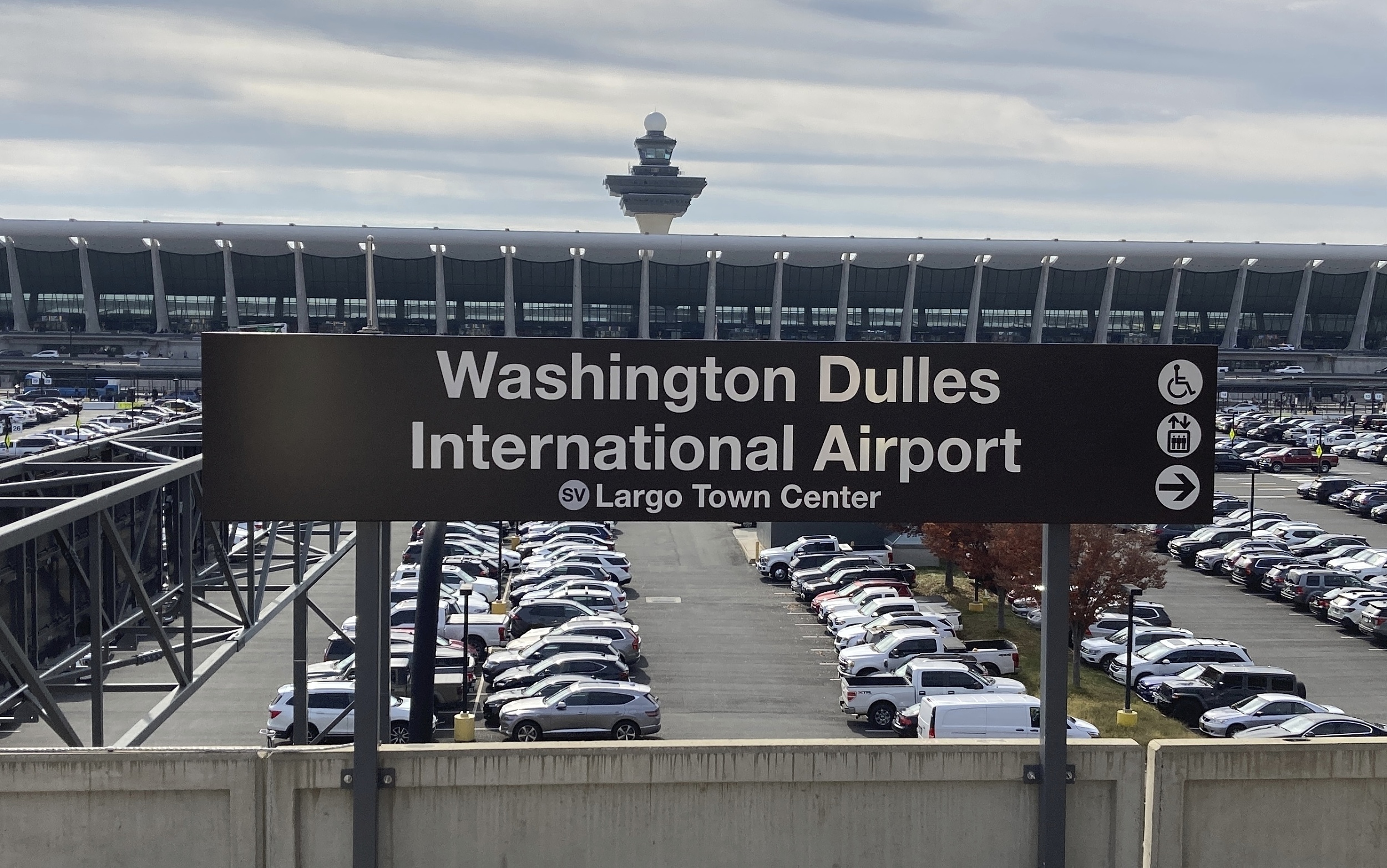Efforts to Suppress Chinese Students Damage U.S. Image

Some Chinese students claimed that they suffered lengthy interrogation at the Dulles International Airport in the Washington, D.C. (PHOTO: VCG)
By GONG Qian
Florida's public universities are prohibited from hiring Chinese graduate students and postdocs to work in their labs due to a new state law, Science website reported.
Several Chinese students holding valid visa have recently claimed that they suffered lengthy interrogation upon entering the U.S. border. Some of them saw their visa revoked and were even slapped with a five-year ban from entering the U.S. None of them were told why their visa applications were rejected.
Such bullying goes against the two presidents' agreement in San Francisco on education cooperation, encouraging the expansion of student and youth exchanges. The U.S. should act on its commitment and stop its selective, discriminatory and politically motivated law enforcement in the name of national security.
The wrongful act of blocking Chinese students from U.S. universities can be described as the "afterquakes" of the unjust Executive Order 10043 by former President Trump in 2020, which prohibits the entry of or issuance of visas to Chinese students enrolled in graduate-level programs in the U.S. if Washington deems that they have ties with China's "military-civil" universities. But the list of such universities has not been made public yet, which makes the presidential executive order seem all the more arbitrary.
Since then, the proclamation has been casting a shadow over China-U.S. academic exchange. Some American politicians have suggested widening bans on Chinese students, and the New York Times, quoting a Pew Research Center survey, reported that many Americans back limiting the number of Chinese students in the U.S.
The unfavorable policy and unwelcoming environment have led to a decrease in the number of Chinese students studying in the U.S. However, the U.S. does not seem to realize that it is risking losing a valuable talent pool which has made financial and scientific contributions to U.S. universities and indeed, the whole country.
"My colleagues in STEM disciplines have felt the drastic decline of the applications from top Chinese universities, hindering their research productivity. Moreover, this has also influenced undergraduate education as these students often take on teaching and research assistant roles," Professor Ma Yingyi at Syracuse University wrote in an article published on the website of U.S. think tank Brookings Institution.
Jack Corrigan, a research analyst at Georgetown University's Center for Security and Emerging Technology, pointed out that U.S. science and technology education and innovation heavily depend on foreign STEM talents staying in the U.S after earning their degrees. In a report published in 2022, Corrigan and his colleagues found that more than three-quarters of the roughly 180,000 foreign nationals who earned STEM Ph.D. between 2000 and 2015 were still living in the U.S. in early 2017. Among them, 31 percent of those were from China.
Between 2010 and 2021, the number of Chinese scientists leaving the United States increased steadily, according to a research article published by PNAS, a peer reviewed journal of the U.S. National Academy of Sciences.
"It’s absolutely devastating," said David Bier, associate director of immigration studies at the Cato Institute, a think tank based in Washington, DC. So many of the researchers that the United States depends on in the field of advanced technology are from China, or are foreign students, and this phenomenon will certainly have a negative impact on U.S. companies and research in the future, said Bier.
Since the U.S. portrays itself as open, inclusive and a haven for academic freedom, it should take concrete steps to support and facilitate people-to-people exchanges and cross-border travel as it has promised, in order to live up to that image.







